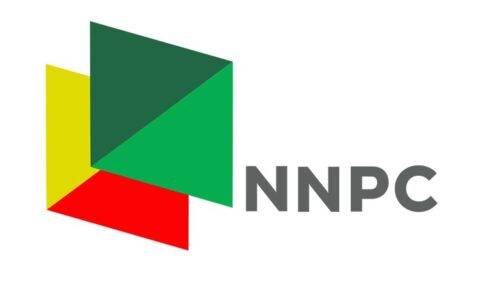The Nigerian National Petroleum Company Limited (NNPCL) has increased the pump price of petrol to N925 per litre in Lagos and N950 per litre in Abuja, marking a sharp increase from the previous prices of N860 and N880, respectively. The new pricing structure took effect on April 2, 2025, following an initial hesitation by the state-owned oil firm.
The increase comes after independent marketers, including MRS, raised their prices last week to N930 per litre in Lagos and N960 per litre in northern states. Industry analysts attribute this surge to the suspension of naira transactions for petroleum products by the Dangote Refinery, which has impacted market competition and supply dynamics. The pricing adjustment also reflects the deregulated nature of Nigeria’s fuel market and is influenced by fluctuating global oil prices and exchange rate instability.
Nationwide Price Adjustments and Market Reaction
A market survey by our correspondent confirmed that NNPCL retail stations along major highways and city centers have implemented the new pricing. Outlets along the Lagos-Ibadan Expressway, Akure, Osogbo, Ado Ekiti, and Ilorin adjusted their prices to N925 per litre. In Lagos, stations along Acme Road, Ikeja, and the Lagos-Abeokuta Expressway also reflected the updated rates.
In the Federal Capital Territory, the NNPC station along the Kubwa Expressway raised its price to N950 per litre, while other outlets in Wuse followed suit. However, some stations in Lagos experienced logistical delays in updating their price displays, leading to discrepancies in pricing at different outlets.
The price hike follows a period of intense market competition. In March 2025, NNPCL had slashed its prices to N860 per litre in response to lower rates introduced by Dangote Refinery. However, with rising global crude oil prices, sourcing difficulties, and foreign exchange fluctuations, the company has now reverted to a higher pricing regime.
Leadership Changes at NNPCL Amid Pricing Revisions
The latest fuel price increase coincides with a significant leadership restructuring at NNPCL. President Bola Tinubu, in a move to reposition the national oil company, appointed Mr. Bayo Ojulari as the new Group Chief Executive Officer (GCEO), replacing Mele Kyari. Additionally, the NNPCL board underwent a comprehensive restructuring, signaling a strategic shift in the company’s operational framework.
Industry observers believe that the leadership in NNPCL change could herald new policy directions, particularly in stabilizing Nigeria’s downstream petroleum sector. With increasing concerns about energy affordability and consumer backlash, the new management is expected to devise measures to cushion the impact of rising fuel costs on citizens and businesses.
Implications for Consumers and Economic Outlook
The petrol price hike is expected to have far-reaching effects on the Nigerian economy, with transportation costs likely to surge. Public transport operators, logistics firms, and private vehicle owners will bear the brunt of the increase, potentially leading to inflationary pressures across various sectors.
Small and medium-scale enterprises (SMEs), already grappling with high operational costs, may struggle to absorb the added fuel expenses. Analysts warn that rising energy prices could exacerbate economic hardships, pushing inflation rates higher and reducing consumer purchasing power.
The federal government, through the Ministry of Petroleum Resources, has assured Nigerians that steps are being taken to mitigate the economic impact. However, labor unions and civil society groups are already voicing their opposition, calling for immediate interventions to address the burden on citizens.
Table of Contents
Discover more from OGM News NG
Subscribe to get the latest posts sent to your email.














